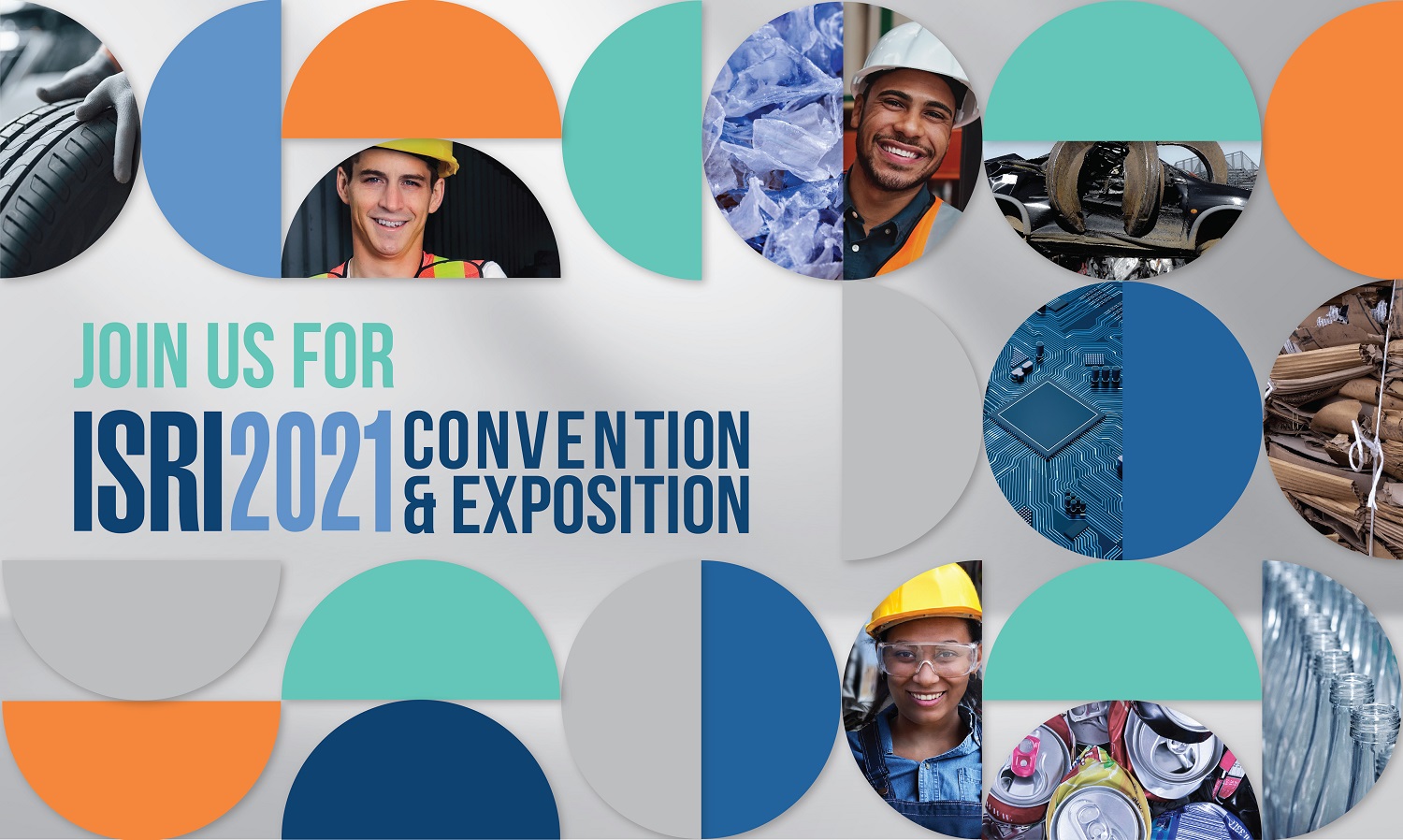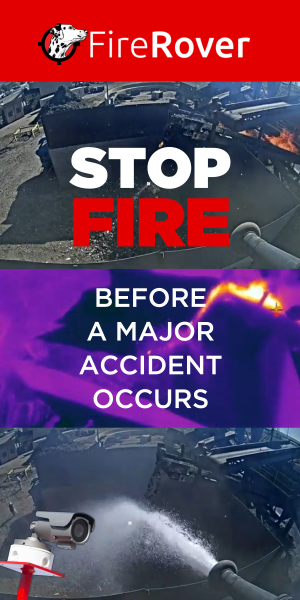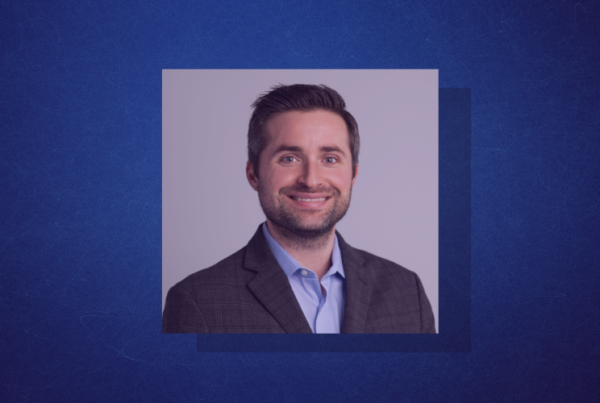A trailblazer in the industry, Shelley Padnos was the first woman to hold national office at ISRI, and ISRI’s first female president. Padnos is a recipient of ISRI’s 2021 Lifetime Achievement Award. During ISRI2021, ISRI’s virtual convention, Padnos will be acknowledged and celebrated for her amazing career. Scrap News spoke with Padnos about her many accomplishments throughout her career, and how the recycling industry can continue to strive to be as diverse and equitable as possible for this generation and future generations of women.
Your grandfather founded Louis Padnos Iron & Metal Co., so you were essentially born into the industry; what’s your earliest memory of the recycling industry and your family’s business?

The business was always a part of our lives. My whole family went to the yard to watch the new baler make its first bale, and to visit the first overseas vessel we loaded. My dad and my uncle would take turns working at the yard on Saturdays, and my dad would often let my siblings and me come along when we were little. We would play in the office with the adding machines. We’d also sort “Tab Cards” in our paper department, which were the cards that told computers what to do and in what sequence. That was considered a safe job for kids. As we all got older, everyone worked there at one point or another.
You practiced law for about five years before coming onboard full-time to the family business. Why did you pursue the career change at the time?
Part of me always wanted to work in the family business, but I wanted to bring a skill that would add value. When I was offered a partnership in the law firm I started thinking about what I wanted. I was about 30 years old, and it seemed like if I was going to try the family business, that was the time to do it.
How much has the industry changed since you first entered it, and what’s the most significant change you’ve observed in the industry?
So much has changed, and some things stayed exactly the same. We always laugh and say if grandpa made his way back today, he would still recognize the cast breaking pit. With the exception of the various safety factors, it’s the same process as it’s always been. You still save the biggest pieces for the coldest weather.
In so many ways the industry has become more sophisticated, from amazing computer programs that help analyze margins by material or account, to complex, computerized processing equipment that can sort things the naked eye could never see, to safety mechanisms that stop us from making costly and dangerous mistakes. The most wonderful part is people in our industry continue to improve these new and better processes.
How were you introduced to ISRI, and what are some of your fondest memories of your time working with the association?
My dad, Seymour, was very active in ISRI back when it was called the Institute of Scrap Iron and Steel. My uncle was very active in the National Association of Recycling Industries (NARI), and eventually became the president of NARI. The Institute of Scrap Iron and Steel and NARI merged to form ISRI.
My first recollection of the trade association was the Institute of Scrap Iron and Steel’s annual convention in Miami Beach. On several occasions my parents took my three siblings and me to the convention. I remember going to some banquets and seeing Steve Lawrence and Eydie Gormé perform. I also saw Milton Berle do stand-up, which included lots of jokes about the scrap industry.
My most treasured memory will always be the day I got to sit up in the Senate Gallery with much of the ISRI legislative staff and watch the Superfund Recycling Equity Act pass. Afterwards, we all ran out to catch a cab to Herschel Cutler’s (ISRI’s first executive director) retirement party. It was the end of one era and the beginning of another in so many ways and the culmination of so much work and effort on the part of the entire industry.
You were the first woman to hold national office at ISRI, and the first female president of ISRI; how monumental do you think those milestones were at the time? How influential were they in ushering new women leaders in the industry?
It was certainly monumental at the time. I wish it had more impact for the industry and other women. I worked very diligently to become ISRI’s president and even more diligently when I became the president, but I know my family name and my father and uncle’s service gave me a serious boost up in the minds of the trade association members. Not many other women had a similar history at the time.
What advice would you give the industry to make it as diverse and equitable as possible for this generation of women, and for future generations?
That is a complicated question. Changing anything takes intent and effort. I think the industry might be poised to form that intent and make that effort now.
One very easy way we could start would be if everyone involved their daughters as well as their sons in the business early-on. There is a lot of untapped talent there.
How did you react when you learned you were one of this year’s Lifetime Achievement Award recipient?
I said, “I’m not old enough to get this award.”
What are you most proud of when you reflect on your career?
- Staying the course to get the Superfund Recycling Act passed.
- Being on the committee that hired Robin Wiener and working closely with Robin through her first two years at ISRI.
- Helping grow PADNOS into a multifaceted recycling company with world-class employees and processes.
- Shepherding PADNOS into a fourth generation of family-owned and operated businesses.
- Keeping Sam, Cricket, and Joel in line for all of those years! I love you guys.
Padnos will be recognized during the awards presentation on Wednesday, April 28, from 11:00 a.m. – 12:30 p.m. EDT as part of ISRI2021, ISRI’s virtual convention. Click here to register for ISRI2021.










